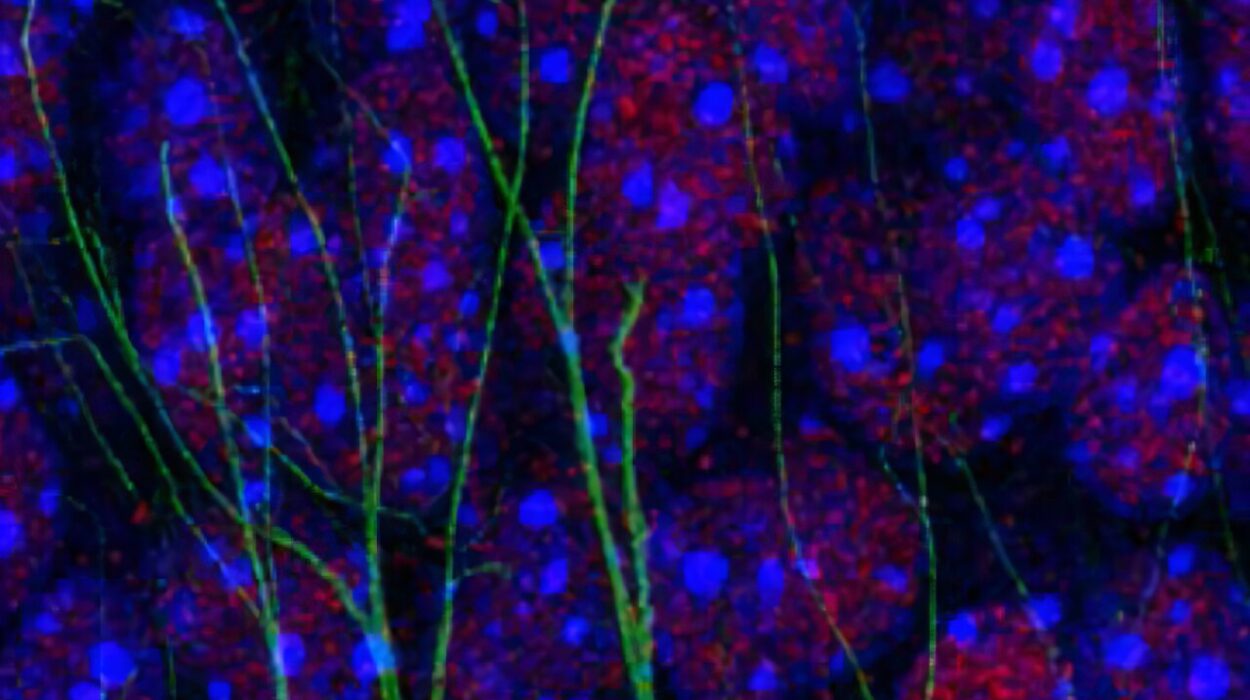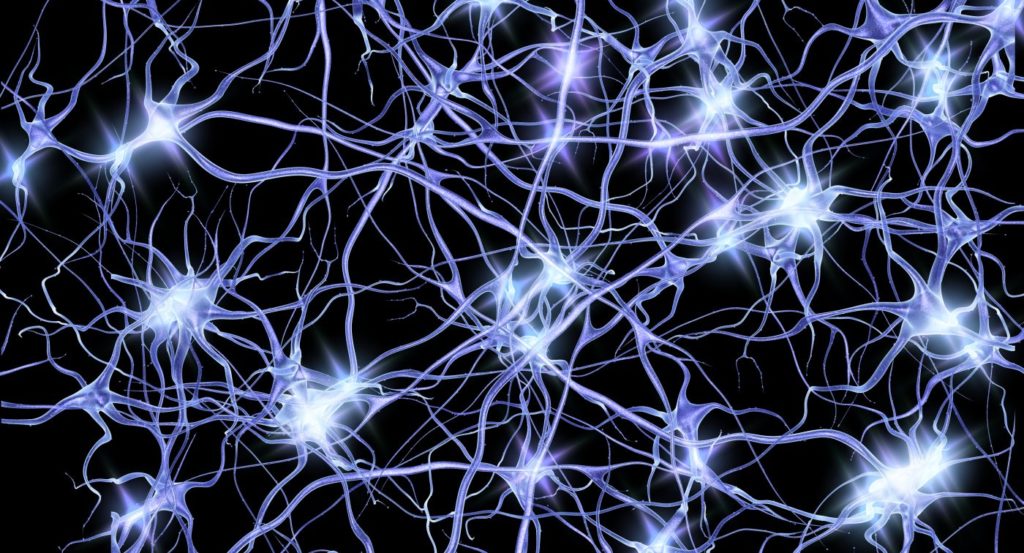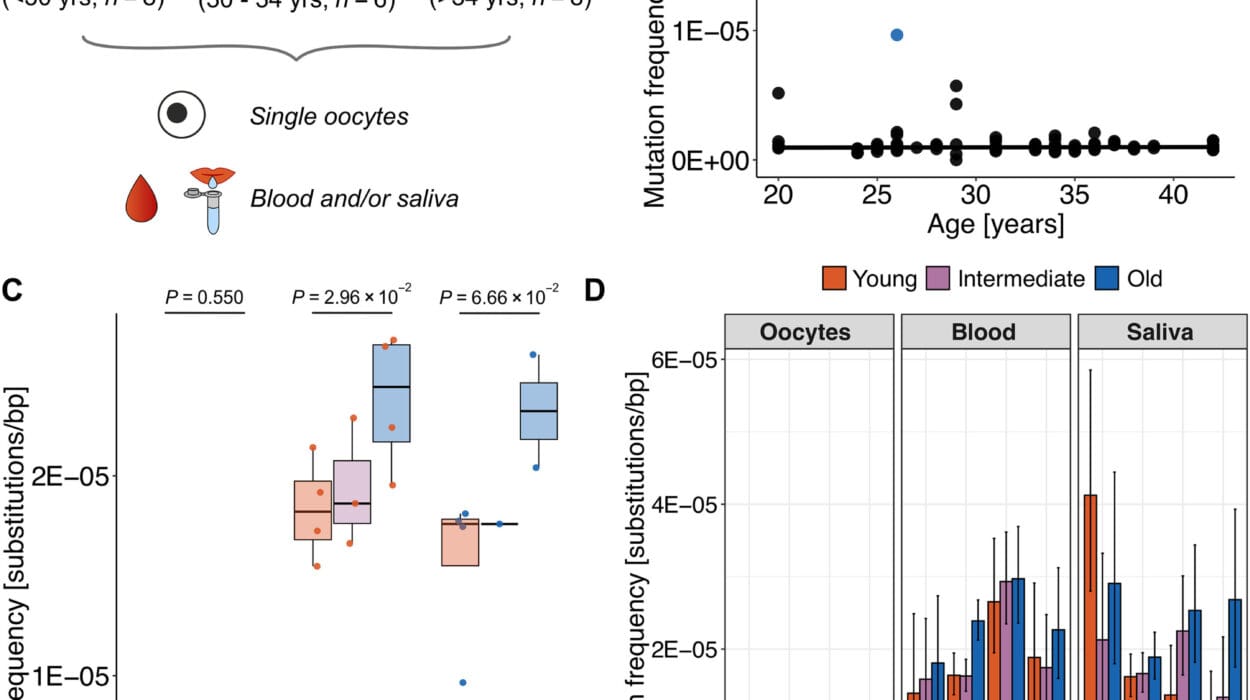Each night, as darkness falls and the world quiets, the human body undergoes one of its most profound rituals—sleep. To the untrained eye, sleep may appear as nothing more than a state of stillness, a pause in life’s busyness. Yet, within this stillness, an extraordinary symphony takes place. Organs repair themselves, hormones rebalance, memories consolidate, and immune cells patrol the body for invaders.
Sleep is not a luxury. It is not wasted time. It is one of the most powerful guardians of health and one of the most essential pillars of disease prevention. When we shortchange ourselves of sleep, we disrupt delicate biological rhythms that protect us from illness. But when we honor sleep, we grant the body its most potent form of medicine.
Understanding the Science of Sleep
To appreciate sleep’s role in preventing disease, we must first understand what sleep actually is. Far from being a passive state, sleep is an active, highly regulated biological process. The brain cycles through different stages, each serving unique functions.
Non-REM sleep includes light sleep, deeper restorative stages, and the critical slow-wave sleep in which the body repairs muscles, strengthens bones, and boosts immune function. REM sleep, often associated with vivid dreams, is equally important, playing a major role in memory, learning, and emotional regulation.
Together, these stages form repeating cycles of about 90 minutes, which the body completes several times a night. Cutting these cycles short—or fragmenting them—robs the body of its natural defense mechanisms against disease.
Sleep and the Immune System: Building Resilience Against Infection
Perhaps the most direct way sleep protects against disease is through the immune system. Sleep strengthens our immune defenses, ensuring that the body is prepared to fend off viruses, bacteria, and even malignant cells.
Research shows that people who sleep fewer than six hours per night are far more likely to catch colds when exposed to viruses compared to those who sleep seven or more hours. During sleep, the immune system releases cytokines, proteins that help fight infections and inflammation. These cytokines are produced and released more efficiently during deep sleep. When sleep is insufficient, the body produces fewer of them, weakening the immune response.
Sleep also enhances the effectiveness of vaccines. Studies reveal that people who get adequate sleep before and after vaccination develop stronger, longer-lasting immunity than those who are sleep-deprived. This finding underscores how sleep literally programs the body’s defenses against disease.
Sleep and Chronic Inflammation
While short-term immune function is critical, sleep also protects health in a deeper, long-term way—by controlling inflammation. Chronic inflammation has been called the “silent killer,” contributing to heart disease, diabetes, cancer, and even Alzheimer’s disease.
Insufficient or poor-quality sleep triggers inflammatory pathways in the body, raising levels of molecules such as C-reactive protein and interleukin-6. Over time, this constant state of low-grade inflammation wears down tissues and organs, accelerating disease. Conversely, restorative sleep calms these pathways, reducing systemic inflammation and giving the body space to heal.
Sleep and Heart Health
Cardiovascular disease remains the leading cause of death worldwide, and sleep plays an enormous role in determining who develops it. During healthy sleep, blood pressure drops, the heart rate slows, and the cardiovascular system rests. This nightly “reset” is crucial for heart health.
Sleep deprivation, however, disrupts these patterns. People who regularly sleep fewer than six hours are at higher risk of developing hypertension, coronary artery disease, heart attacks, and strokes. Sleep apnea, a condition in which breathing repeatedly stops during sleep, is especially dangerous, as it forces the heart to work harder and increases the risk of sudden cardiac death.
Furthermore, poor sleep alters cholesterol metabolism, increases arterial plaque buildup, and promotes blood clotting—all precursors to cardiovascular disease. Sleep, in this sense, is not merely restful—it is lifesaving.
Sleep and Metabolic Health: Guarding Against Diabetes and Obesity
The connection between sleep and metabolism is profound. Sleep influences hunger, appetite, and how the body processes glucose, the main source of cellular energy.
When sleep is restricted, hormones that regulate appetite—ghrelin and leptin—become imbalanced. Ghrelin, which stimulates hunger, rises, while leptin, which signals satiety, falls. As a result, sleep-deprived individuals tend to overeat, especially craving calorie-dense, sugary foods. This creates a pathway toward obesity.
Beyond appetite, sleep also affects insulin sensitivity. Just a few nights of poor sleep can make the body less responsive to insulin, causing blood sugar levels to rise. Over time, this insulin resistance can develop into type 2 diabetes. Indeed, research consistently shows that chronic sleep deprivation is a major risk factor for both obesity and diabetes.
Sleep and Brain Health: Protecting Against Cognitive Decline
The brain, perhaps more than any other organ, relies on sleep to maintain health. During sleep, the brain clears out toxins through a unique “glymphatic system,” which is most active during deep sleep. Among the substances removed is beta-amyloid, a protein strongly linked to Alzheimer’s disease.
When sleep is disrupted, these toxins accumulate, setting the stage for neurodegenerative diseases. Long-term studies confirm that people who consistently get inadequate sleep have higher risks of developing Alzheimer’s and other forms of dementia.
Sleep also preserves cognitive function in the short term. It consolidates memories, enhances learning, sharpens focus, and regulates mood. Without adequate sleep, the brain becomes foggy, impulsive, and emotionally volatile. Over time, this not only reduces quality of life but also increases vulnerability to mental illnesses like depression and anxiety.
Sleep and Cancer Risk
Although research is ongoing, evidence suggests that poor sleep increases the risk of certain cancers, particularly breast, prostate, and colorectal cancer. One proposed mechanism is the disruption of circadian rhythms, the body’s internal clock that regulates biological processes.
Circadian disruption affects hormone production, including melatonin, which plays a role in suppressing tumor growth. Night-shift workers, who experience chronic circadian misalignment, have been found to have higher rates of certain cancers. Inadequate sleep also compromises immune surveillance, reducing the body’s ability to detect and destroy abnormal cells before they form tumors.
Thus, sleep may be one of the most underappreciated cancer-prevention tools at our disposal.
Sleep Across the Lifespan and Its Preventive Role
The importance of sleep changes with age, but its protective effects endure across the lifespan.
- Children and Adolescents: Sleep is essential for growth, learning, and immune development. Insufficient sleep in youth increases the risk of obesity, mood disorders, and impaired academic performance.
- Adults: Adequate sleep helps regulate metabolism, cardiovascular health, and stress resilience. It prevents the slow accumulation of risk factors that lead to chronic disease.
- Older Adults: While sleep patterns may shift with age, maintaining good sleep remains critical to preserving cognitive health, preventing falls, and supporting emotional stability.
Sleep is not only about feeling rested; it is about shaping health trajectories across decades.
Lifestyle, Society, and Sleep Deprivation
In modern society, sleep is often sacrificed to the demands of work, technology, and lifestyle. Late-night screen use, caffeine consumption, irregular schedules, and high stress all contribute to widespread sleep deprivation.
The cultural glorification of busyness and the myth that “sleep is for the weak” undermine health on a societal scale. The Centers for Disease Control and Prevention (CDC) has even declared insufficient sleep a public health epidemic.
Yet, sleep is not optional. Chronic deprivation erodes resilience and leaves individuals vulnerable to disease. Recognizing sleep as a non-negotiable aspect of health is essential, not only individually but collectively.
The Interconnectedness of Sleep and Other Health Behaviors
Sleep does not exist in isolation—it is deeply intertwined with other lifestyle factors. Regular physical activity improves sleep quality, while poor sleep reduces motivation to exercise. A balanced diet supports restorative sleep, while sleep deprivation encourages poor food choices. Stress management practices like meditation or relaxation techniques enhance sleep, while poor sleep increases stress reactivity.
By nurturing sleep, we create a foundation upon which other healthy habits can flourish. And by neglecting it, even the best diet or exercise regimen cannot fully protect us from disease.
Sleep as Preventive Medicine
When we view sleep not as a passive state but as active medicine, its importance becomes undeniable. It prevents infections by strengthening immunity, lowers the risk of chronic diseases by reducing inflammation, supports heart and metabolic health, shields the brain from decline, and may even reduce cancer risk.
Unlike pharmaceutical interventions, sleep has no negative side effects, no cost, and is universally available. It is one of the most powerful, yet underutilized, tools of preventive medicine.
The Future of Sleep Science
As science advances, our understanding of sleep’s role in disease prevention continues to grow. Researchers are exploring how genetic differences influence sleep needs, how wearable technology can monitor sleep health, and how therapies for sleep disorders can reduce the burden of chronic disease.
Emerging fields like chronobiology—the study of biological rhythms—are showing that when we sleep is almost as important as how much we sleep. Aligning sleep with natural circadian rhythms may enhance its disease-preventive effects.
Future healthcare may prescribe sleep as routinely as it prescribes medications. Doctors may recommend sleep optimization as the first line of defense against illness, rather than an afterthought.
Sleep as the Foundation of Well-Being
Ultimately, sleep is not only about preventing disease—it is about enabling life itself to flourish. When we sleep well, we think clearly, feel deeply, move energetically, and connect meaningfully. Sleep is the foundation upon which vitality, creativity, and joy are built.
To neglect sleep is to gamble with health. To embrace it is to invest in a longer, stronger, and more vibrant life. The role of sleep in disease prevention is not merely scientific—it is profoundly human. Every night, we are given the chance to heal, to restore, and to strengthen. To choose sleep is to choose health.






